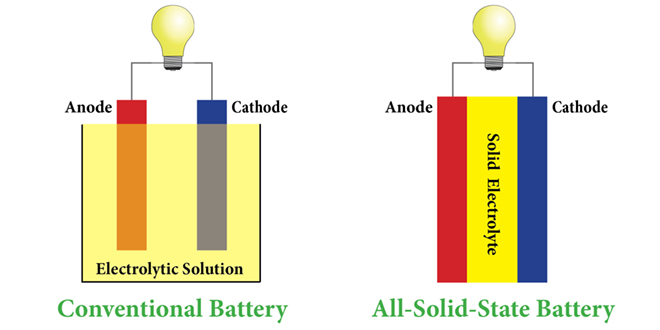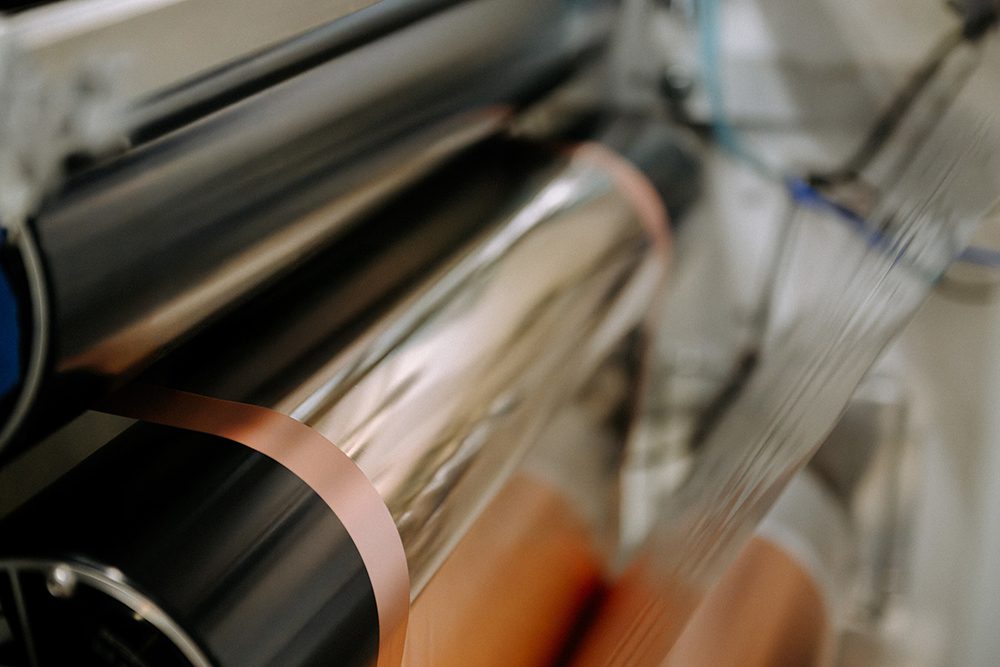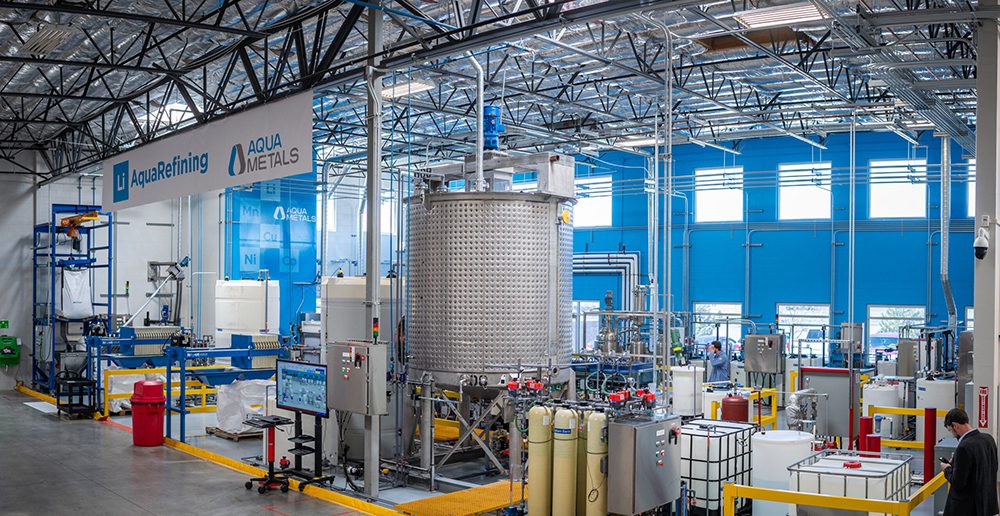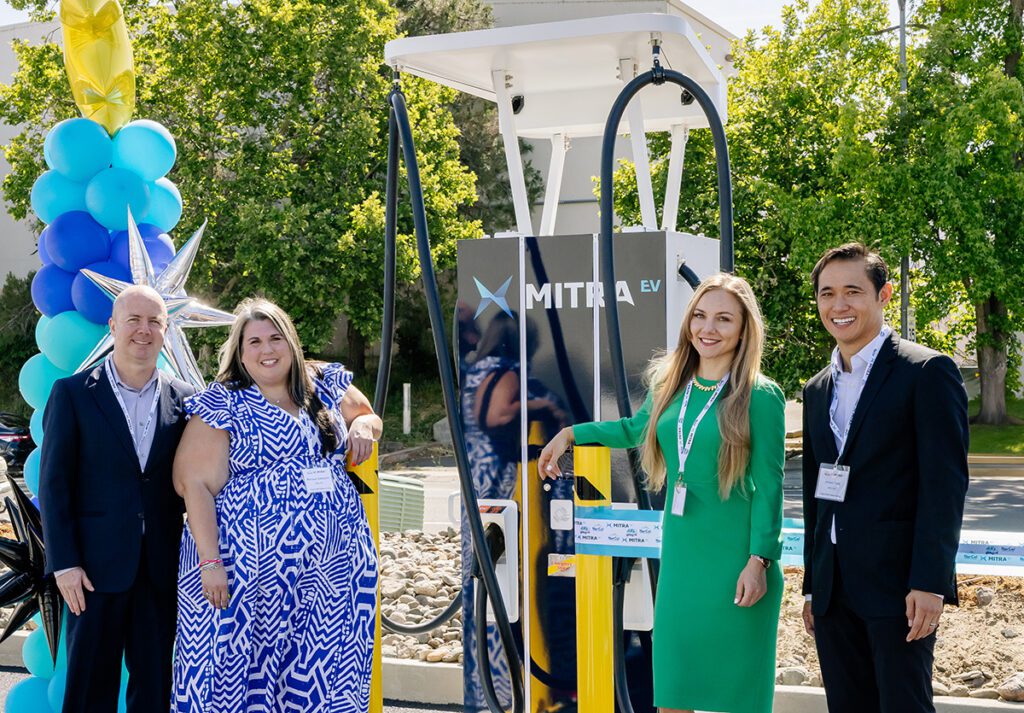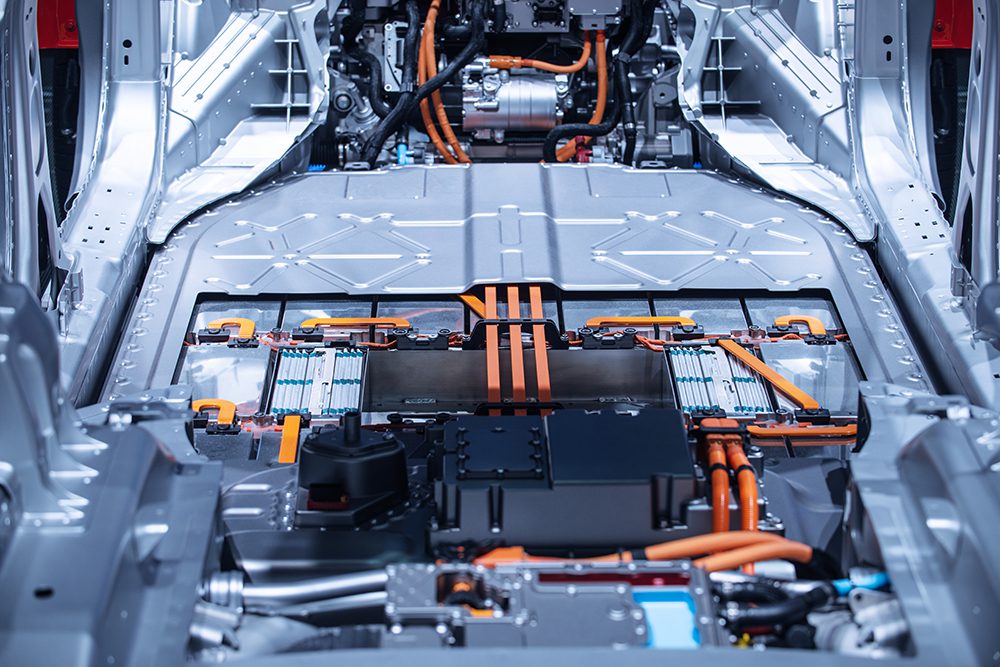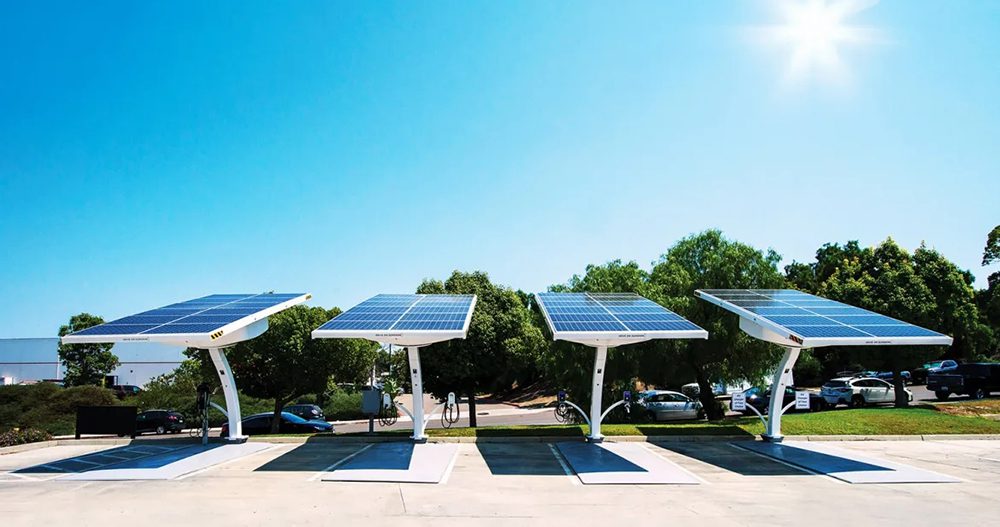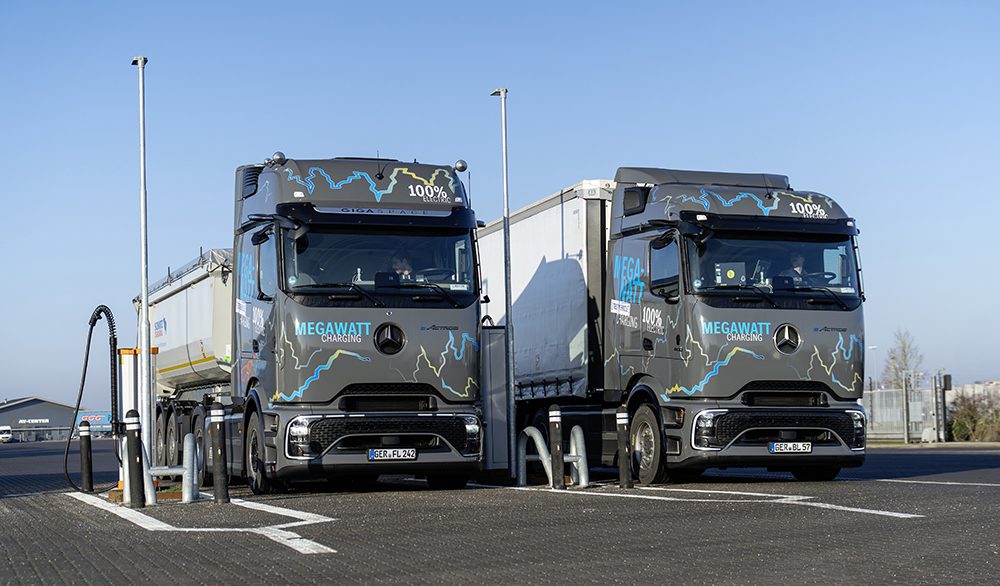Researchers at the Oak Ridge National Laboratory have demonstrated a solid-state high-voltage (5 V) lithium battery with an extremely long cycle life (10,000 cycles) and high Coulombic efficiency (99.98%). The solid electrolyte enables the use of high-voltage cathodes and lithium anodes with minimal side reactions.
The energy stored in a battery of a given size is proportional to its voltage. Conventional lithium-ion batteries use liquid electrolytes that have a maximum operating voltage of 4.3 V – operation above this limit can cause short cycle life and safety problems.
Using a solid electrolyte could circumvent the safety issues, enabling chemistries with higher energy densities, which is why many companies and research institutes (including GM-backed Sakti3, Toyota, and Solid Power LLC) are working on solid-state battery technology. A 2013 report from Lux Research predicted that solid-state will rule by 2030.
SEE ALSO: New report examines Tesla battery technology and costs
However, achieving the required combination of high ionic conductivity and a broad electrochemical window in solid electrolytes is a major challenge, as members of the ORNL team noted in a 2013 paper.
In the latest study, which was published in the journal Advanced Energy Materials, the Oak Ridge team used a ceramic solid electrolyte of lithium phosphorus oxynitride (Lipon), with a LiNi0.5Mn1.5O4 cathode and lithium anode at a charge voltage of 5.1 V. The battery retained more than 90% of its original capacity after 10,000 cycles, equivalent to more than 27 years of life with a daily charge/discharge cycle.
Source: Oak Ridge National Laboratory via Green Car Congress







